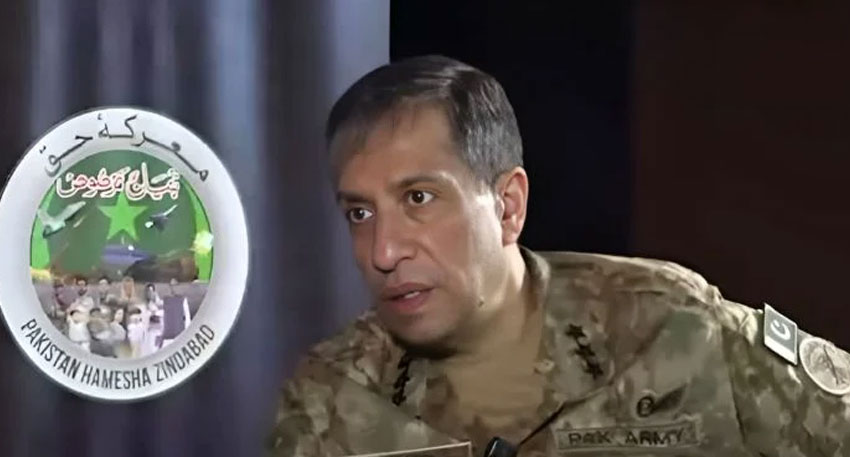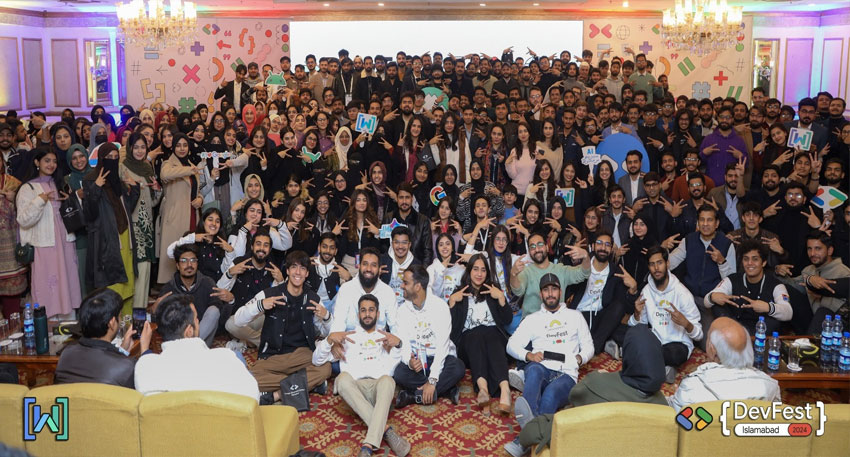
Director General of Inter-Services Public Relations (ISPR), Lieutenant General Ahmed Sharif Chaudhry, has strongly criticized India and its state institutions—particularly its military—for what he described as their growing influence by extremist political ideologies.
In an interview with a German news outlet on September 5, Lt-Gen Chaudhry underscored the dangers of this trend, linking it directly to the long-standing tensions between Pakistan and India. He emphasized that extremist thought, particularly the rise of Hindutva-driven politics, is shaping India’s strategic outlook and fueling instability in South Asia.
The ISPR chief highlighted the events of May, when skirmishes once again brought the two nuclear-armed nations to the brink of serious conflict. He cautioned that while a ceasefire had been reached, the deeper causes of hostility remained unresolved. “It is not peace,” he remarked. “There is only a ceasefire. The conflicts endure—whether it is the unresolved Kashmir issue, India’s state-sponsored terrorism, or the dangerous extremism taking root through Hindutva ideology.”
Lt-Gen Chaudhry warned that such an environment not only threatens Pakistan but also undermines regional and global stability. He accused India’s leadership of displaying “irrationality, strategic arrogance, and a hubristic attitude,” suggesting that these behaviors were becoming ingrained within state institutions, including its armed forces. According to him, this approach is unsustainable and poses serious risks for long-term peace in South Asia.
He further urged the global community to acknowledge its responsibility in easing tensions between the two countries. In particular, he called upon international powers such as the United States to step in and help mediate disputes that have persisted for decades. “It is very important for international players to intervene and address the enduring reasons behind the conflict,” he said. Without such involvement, he warned, the cycle of hostility could continue unchecked.
The ISPR director general stressed that mediation and pressure from the international community were essential to push India toward rationality. He argued that left to its current trajectory, India’s pursuit of extremist ideologies would only deepen mistrust, prolong conflict, and potentially destabilize the region.
Also Read: Islamabad traffic police launch campaign for govt employees’ Driving Licenses
Concluding his remarks, Lt-Gen Chaudhry reiterated that Pakistan seeks peace but cannot ignore the realities of aggression and extremism emanating from its neighbor. He insisted that true stability in South Asia would remain elusive unless the world powers recognized the gravity of the situation and actively engaged in resolving the disputes—especially the Kashmir issue, which remains at the core of Pakistan-India tensions.




